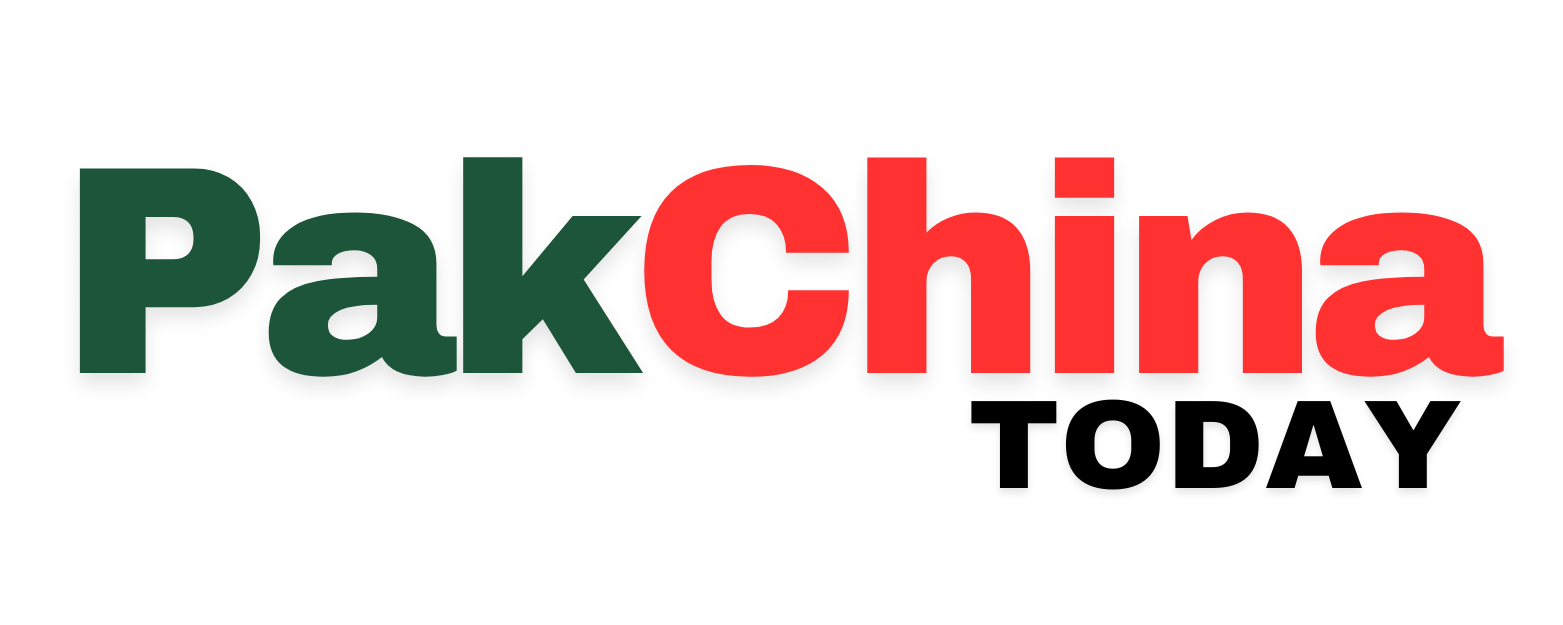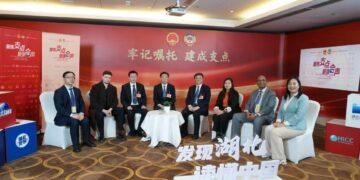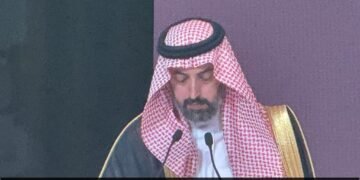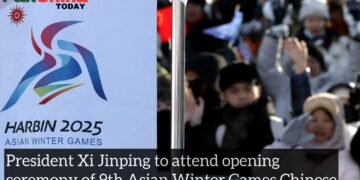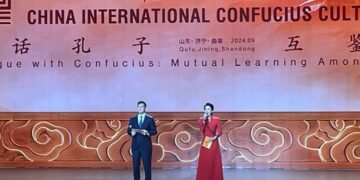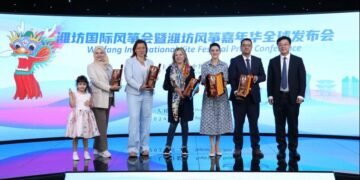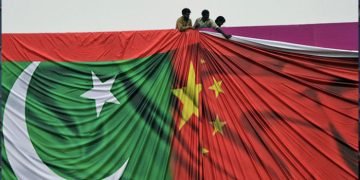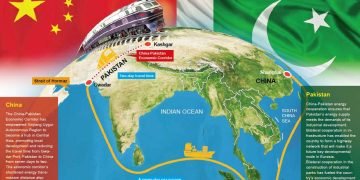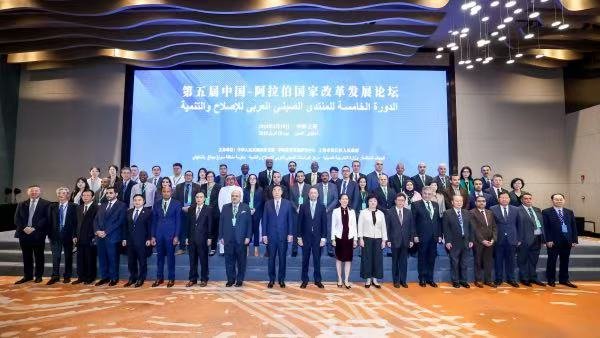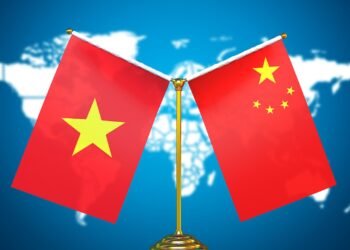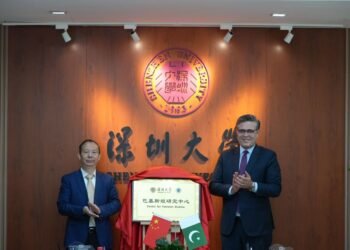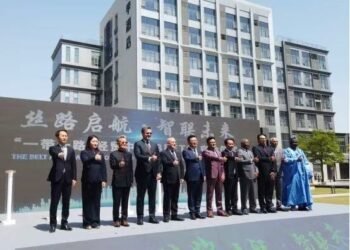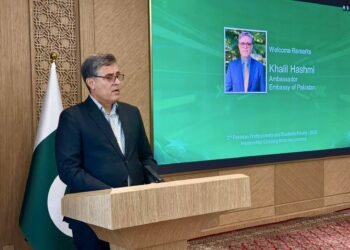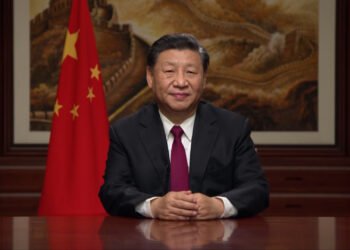BEIJING, April 20: The 5th China-Arab States Reform and Development Forum was recently held in east China’s Shanghai, bringing together over 100 representatives from various sectors across China, 19 Arab countries, and the Arab League.
Participants engaged in in-depth discussions on strengthening cooperation under the Global Development Initiative (GDI), emphasizing the importance of joint efforts between China and Arab nations to promote innovation-driven industrial development, uphold multilateralism, and pursue high-quality growth.
Addressing the forum, Zhai Jun, the Chinese government’s special envoy on Middle East affairs, said China will continue working with Arab countries to advance innovation-led development and deepen openness and win-win cooperation. Today, China and Arab countries enjoy a comprehensive and in-depth partnership, with bilateral trade continuing to grow.
In 2024, trade between the two sides reached approximately $400 billion, making China the largest trading partner of Arab countries.
Cooperation under the Belt and Road Initiative (BRI) has also deepened. For instance, the China-Egypt TEDA Suez Economic and Trade Cooperation Zone has created nearly 9,000 direct jobs and more than 80,000 indirect job opportunities in Egypt.
In Algeria, the eastern section of the East-West Highway, constructed with China’s participation, has become a vital economic artery. In the United Arab Emirates (UAE), China’s Harbin Electric International Engineering has partnered with Saudi Arabia’s ACWA Power in a joint venture to build the Hassyan clean coal project in Dubai—the first of its kind in the Middle East.
Statistics show that China and Arab countries have initiated more than 200 major projects in infrastructure, energy and other fields under the BRI, benefiting nearly 2 billion people in the two regions.
In energy and infrastructure, significant strides were made toward greater integration. In November 2024, the Fujian Gulei Phase II Integrated Refining and Petrochemical Project broke ground in southeast China’s Fujian Province. This project exemplifies Chinese-Arab energy cooperation, with a total investment of 71.1 billion yuan (about $9.7 billion) and an annual output value estimated to reach around 80.8 billion yuan.
The project, expected to reach its full capacity in 2030, will supply 5 million tonnes of raw materials annually for downstream companies at the Gulei complex, enhancing its industrial chain while promoting smart and green development.
“The GDI is not just a theoretical framework, but a real opportunity to reshape the landscape of global cooperation,” said Khaled Mahdi, former secretary-general of the Supreme Council for Planning and Development in Kuwait.
He stressed that achieving global development requires promoting the localization of the GDI in various countries and increasing financing for long-term development.
